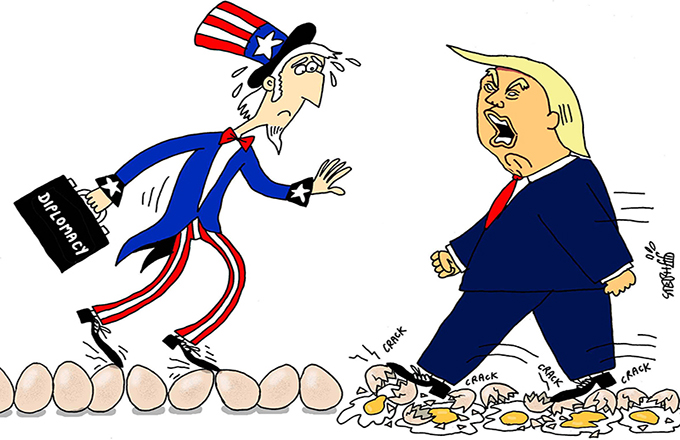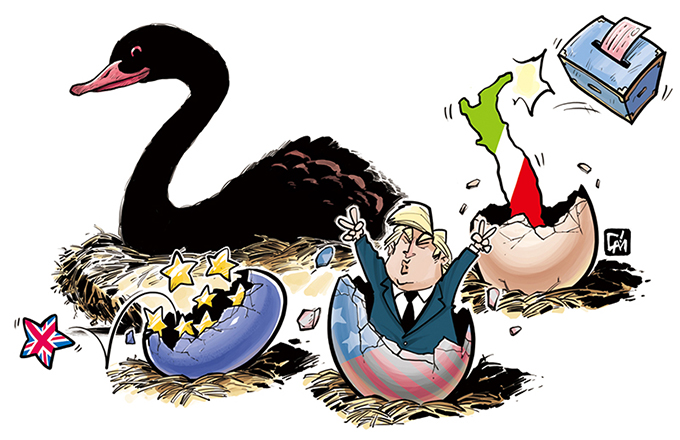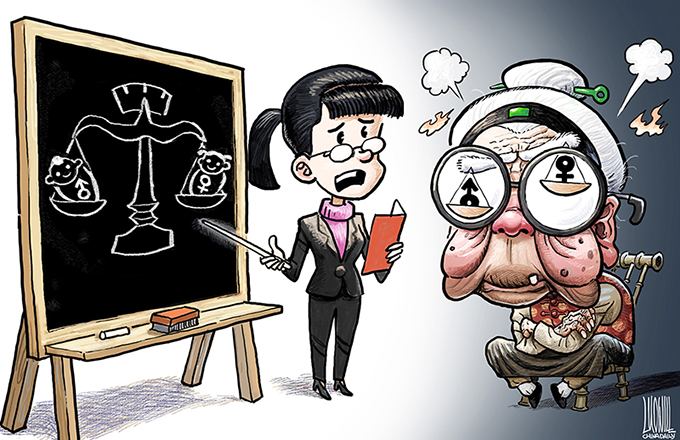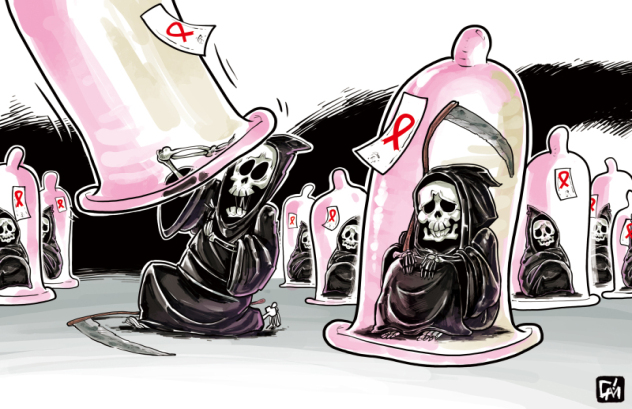降杠桿(jiàng gànggǎn): Lowering leverage
The Ministry of Finance and the State Administration of Taxation have jointly issued an announcement of preferential tax for companies engaged in debt-reducing corporate restructuring.
Reducing corporate leverage has been listed as one of the five major tasks of supply-side structural reform. According to the announcement, eight tax measures are being launched to support reorganization aimed at reducing corporate debt.
The Bank of International Settlements has estimated that China has $18 trillion in corporate debt, which is equivalent to about 169 percent of its GDP.
Enterprises engaged in reorganization and mergers may be eligible for various preferential taxes. Value-added tax will not be imposed on some reorganization activities including transfers of fixed assets and land-use rights. And enterprises' non-monetary asset investments may enjoy tax installment payments over five years according to the regulation.
The announcement is regarded as significant policy support for both the reform of State-owned enterprises and supply-side structural reform.
Officials of the two departments said the preferential tax policy will enable taxation to play a role in lowering corporate leverage.
Local governments are required to strictly implement the new policy.
- Govt takes new measures to lower corporate leverage
- Inter-ministerial joint meeting system to reduce enterprise leverage
- CCB sets up debt-to-equity swap to reduce Yunnan Tin's leverage
- China announces measures to reduce companies' leverage
- Chinese companies 'need to reduce leverage'
- Alibaba gives seminar to help Aussies leverage China's e-commerce
- A one-stop platform for startups to leverage

























